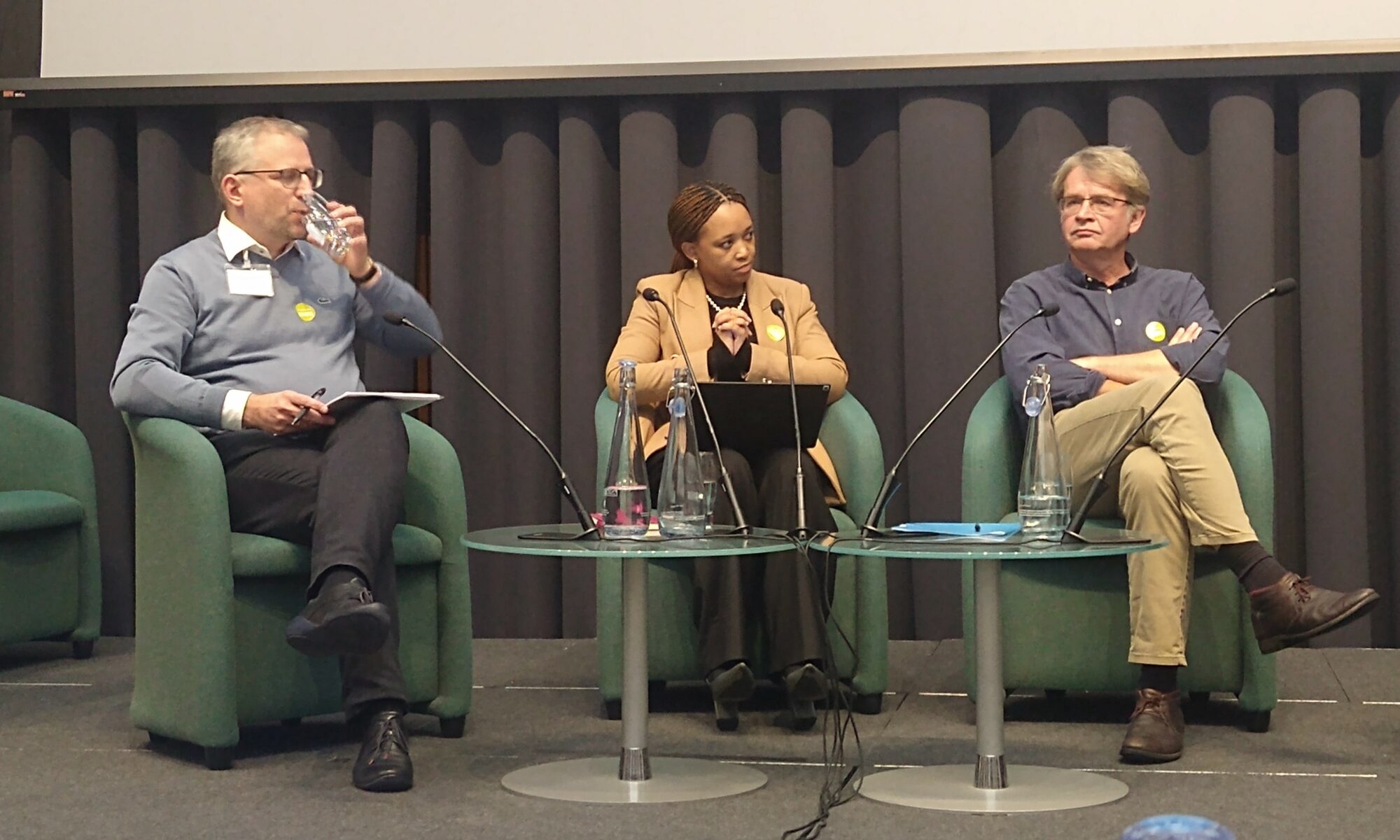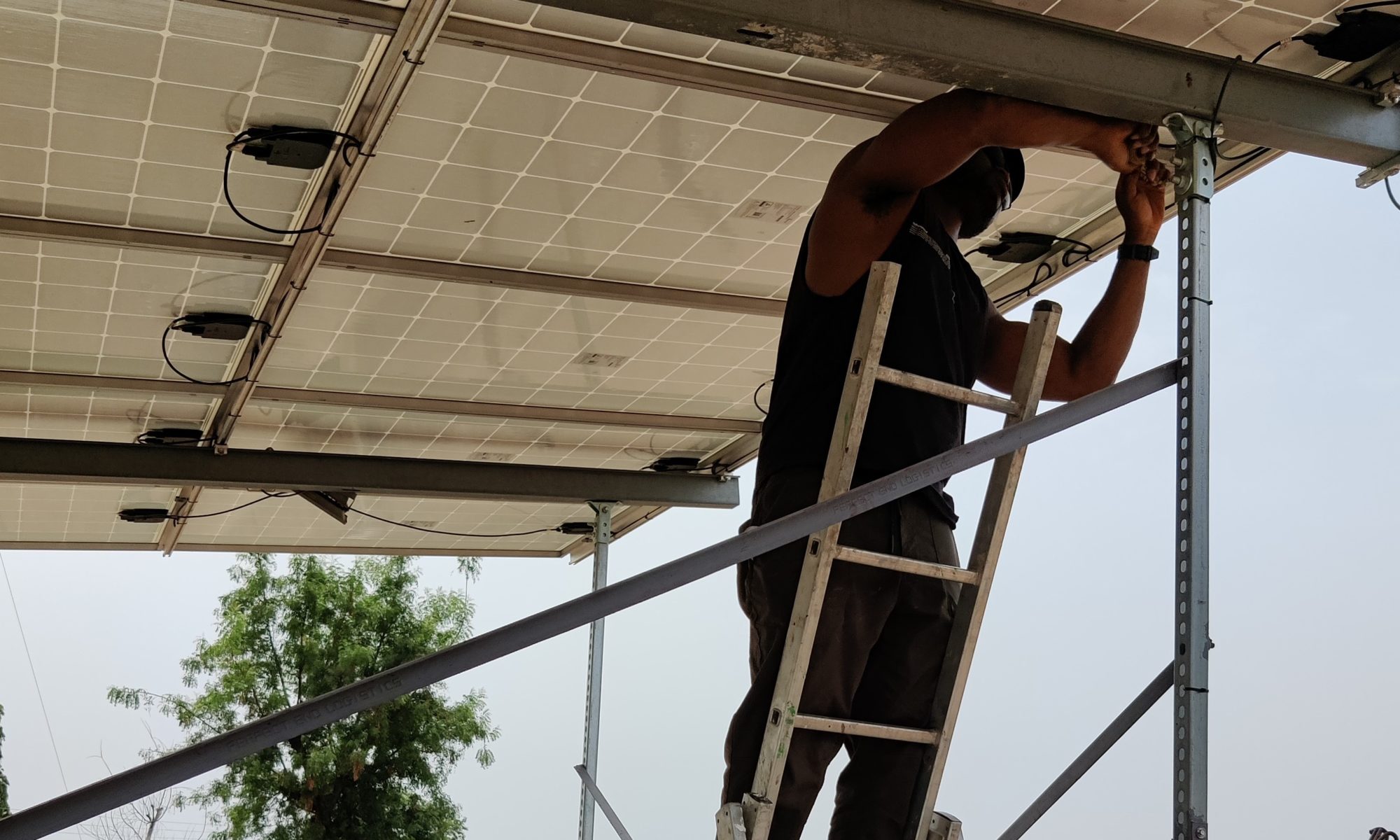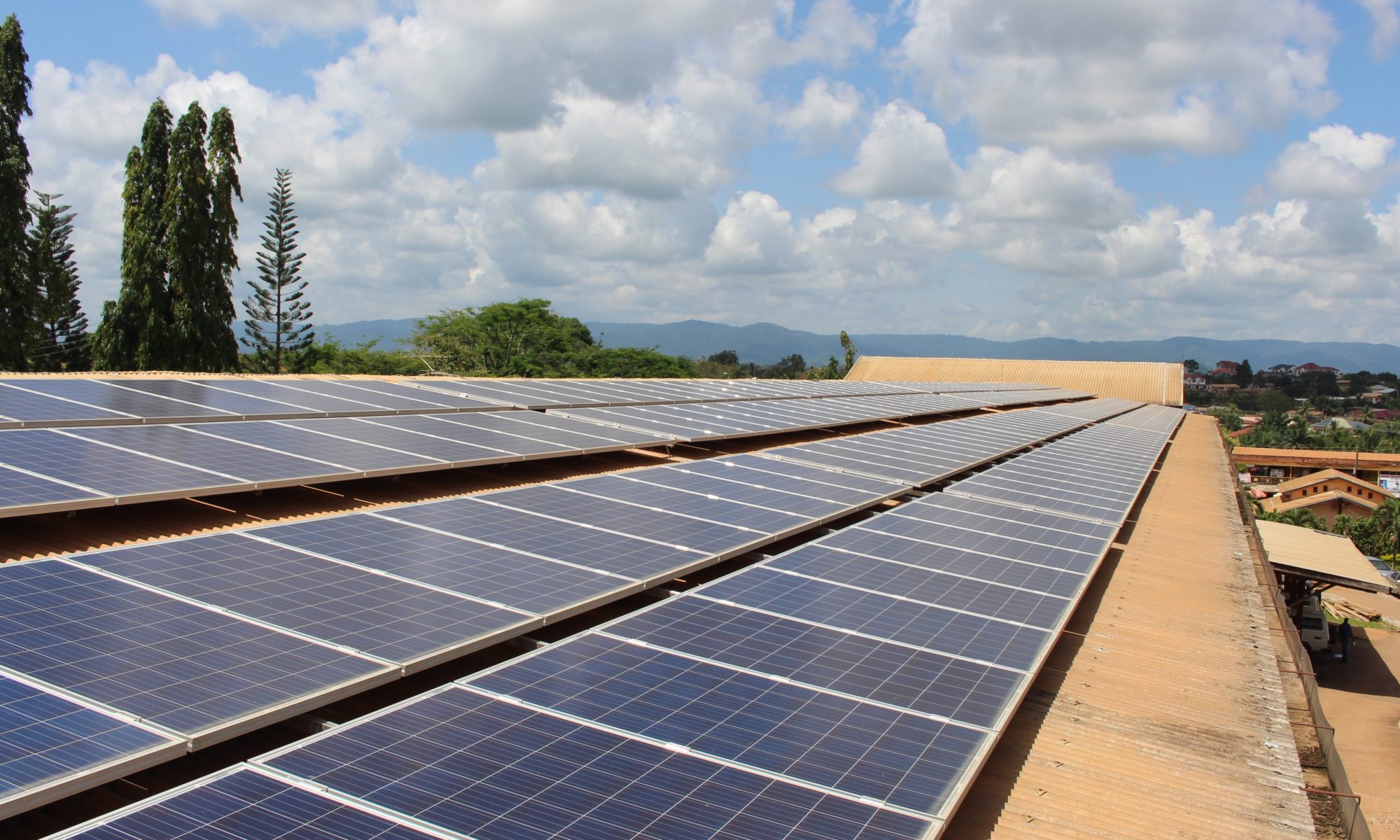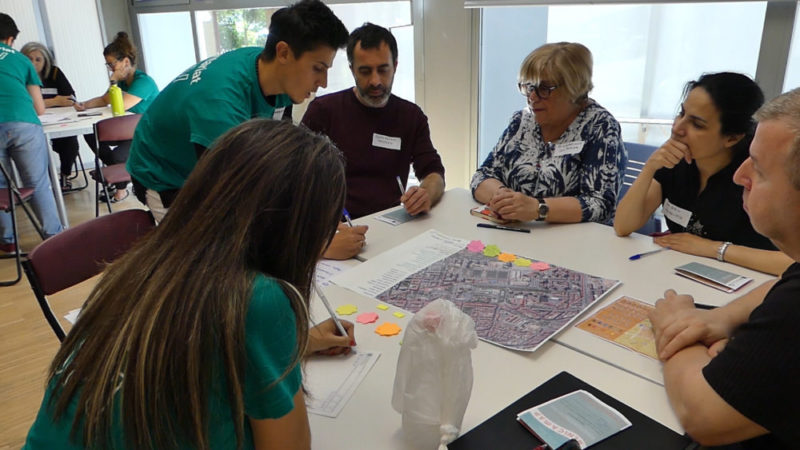By Christiane Kliemann
The accelerating frequency, interconnectedness and mutually reinforcing nature of contemporary crises call for holistic responses and a focus on synergies and potential discrepancies between various fields of action. What has Development Studies to offer here? Will it be able to prove that is truly inter- and transdisciplinary and contribute to the understanding of policy and governance challenges in the Global South in the face of multiple crises? Will it identify the possible levers for policy action and their potential impact for the most marginalised, also in the long term?
Continue reading “Development in crisis: some reflections”



